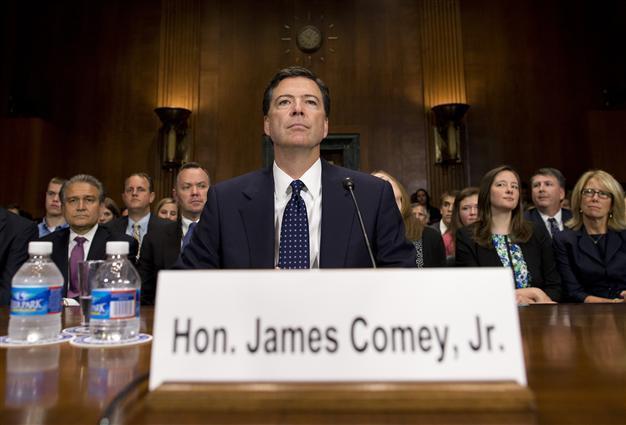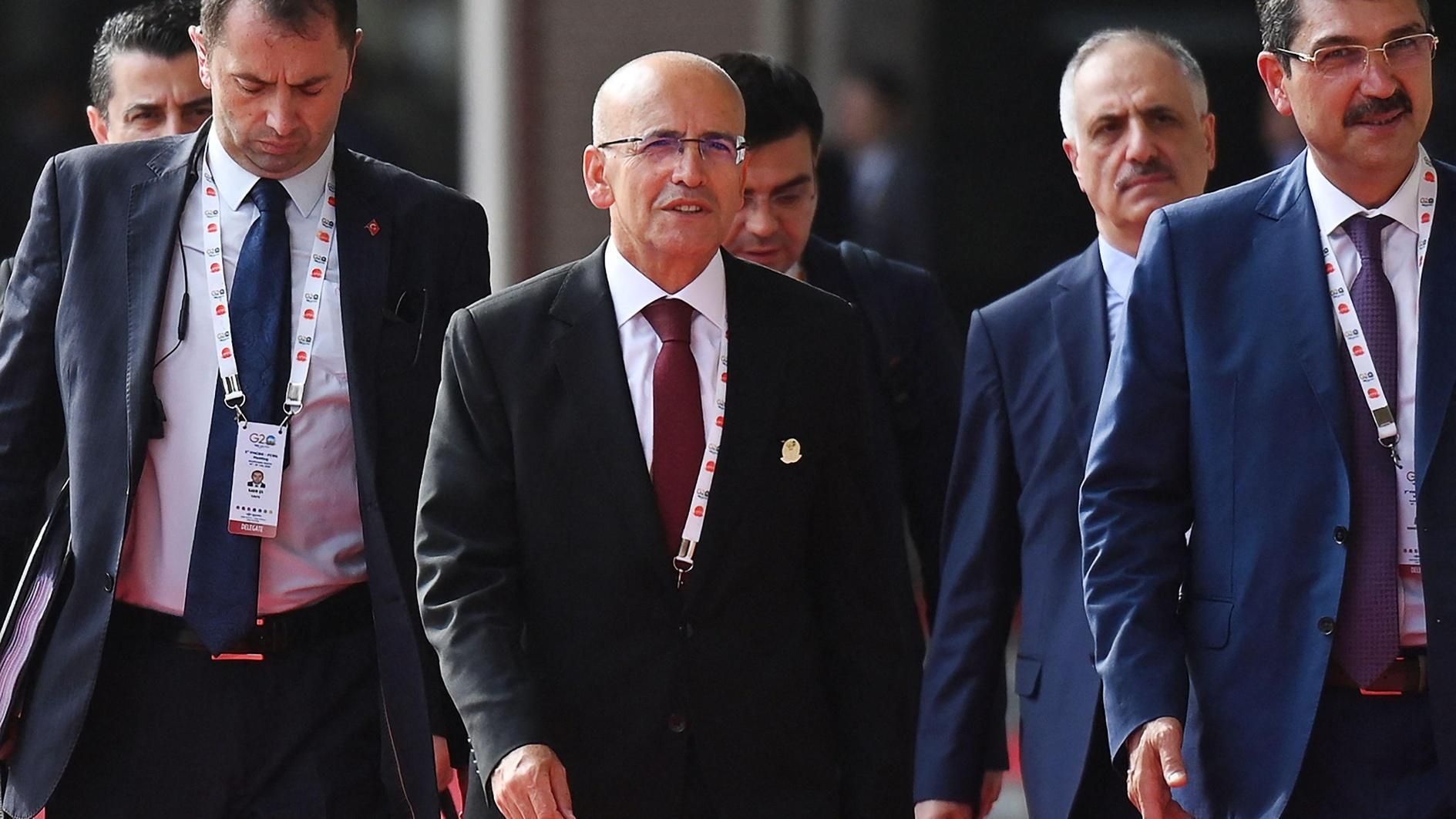Nominee for FBI director says waterboarding is torture
WASHINGTON - Agence France-Presse

FBI Director nominee James Comey prepares to testify on Capitol Hill in Washington, Tuesday, July 9, 2013, before the Senate Judiciary Committee hearing on his nomination. AP Photo
James Comey, the man nominated by President Barack Obama to be the next FBI director, said on Tuesday that he believed the use of waterboarding as an interrogation technique was torture and illegal.Comey, the former deputy attorney general from 2003-2005, told senators at a confirmation hearing that he had made his views known when he was serving in the George W. Bush administration but lost battles to stop the CIA from using so-called enhanced interrogation techniques like waterboarding and sleep deprivation on enemy combatants.
"When I first learned about waterboarding when I became deputy attorney general, my reaction as a citizen and a leader was 'This is torture,'" Comey said. "It's still what I think."
Comey praised FBI Director Robert Mueller for making sure the FBI had nothing to do with "that business." "And if I were FBI director, it would never have anything to do with that."
Rights groups and some former FBI agents have urged members of the Senate Judiciary Committee to question Comey on why he concurred with a 2005 opinion from the Justice Department's Office of Legal Counsel that justified the use of some enhanced techniques, including waterboarding, in some circumstances.
Comey said that although at least one memo from the Office of Legal Counsel explained how the use of the interrogation techniques could be legally justified, he had continued to raise questions about whether the United States should be using them.
"Maybe the most important thing I did on this topic as deputy attorney general was force - try to force and fight for a discussion about whether this was the kind of thing we ought to be doing as Americans," Comey said.
When pressed by several senators who asked why he had approved a memo that said enhanced interrogation techniques could be justified under law if used one at a time, Comey said the law was vague and could be so interpreted.
He said although he approved the opinion on legal grounds he still disagreed with the use of the techniques - particularly the harshest ones including waterboarding and sleep deprivation.
Comey said then-Attorney General Alberto Gonzales brought Comey's concerns to the White House, but Bush's national security team rejected his thinking and said they supported the use of the enhanced techniques on detainees because they could be justified legally and because they produced results.
When asked specifically by committee chairman Patrick Leahy if he agreed that waterboarding was torture and was illegal, Comey responded "yes."
Place for surveillance
If confirmed, Comey, a Republican, would replace Mueller, who took over the FBI just before the Sept. 11, 2001, attacks and has held the position for 12 years.
Comey became known for refusing to certify the legal aspects of National Security Agency domestic surveillance during a 2004 stint as acting attorney general while then-Attorney General John Ashcroft was seriously ill in the hospital.
The refusal prompted two senior White House officials - Gonzales, who was the White House counsel at the time, and Chief of Staff Andrew Card - to go to the hospital for the purpose of persuading Ashcroft to sign the certification. Comey, who was present, refused to recertify the program and said Ashcroft also opposed it.
The situation became so dire that Comey even drafted a letter of resignation. Mueller and Ashcroft also considered resigning over the issue but never did because Bush had changes made to the program to address the Justice Department concerns.
Though many of the questions posed to Comey were in relation to his views on interrogation techniques, some senators asked about surveillance programs like those recently disclosed by former National Security Agency contractor Edward Snowden.
Comey, who has been out of government for eight years, said he could not comment on the specifics of the programs. But he said the collection and analysis of metadata like telephone and email logs are valuable tools in counter-terrorism work.
The candidate was also questioned about the use of drones, which Mueller said last month have been used on U.S. soil for some limited law enforcement activities.
Asked by Republican Senator Ted Cruz if he felt the constitution allows the U.S. government to use a drone to target "with lethal force a U.S. citizen on U.S. soil if that individual does not pose an imminent threat," Comey said no.
Comey is expected to be approved by the Judiciary Committee easily, and the full Senate is expected to follow suit before Mueller's term expires in September.
















